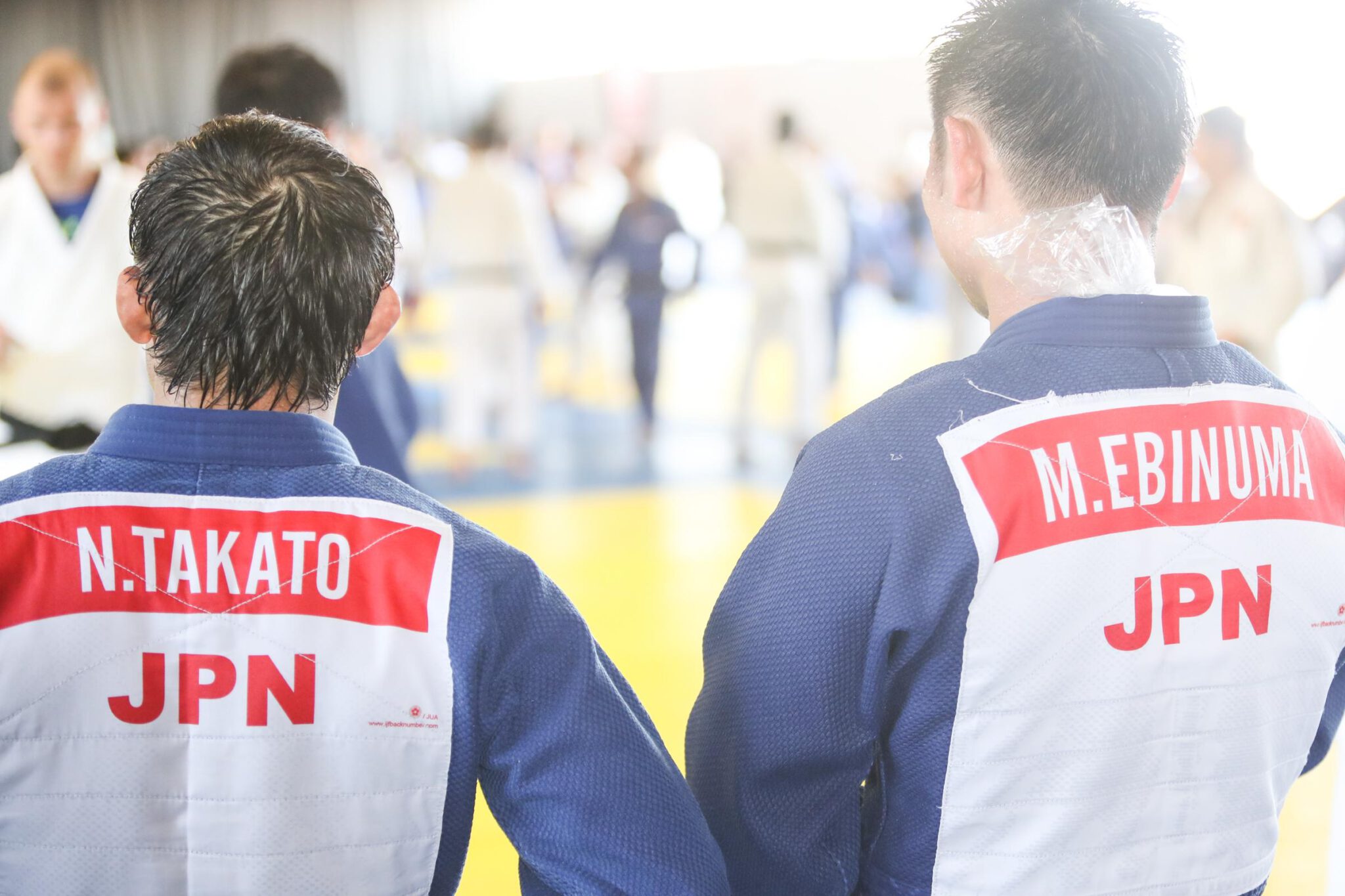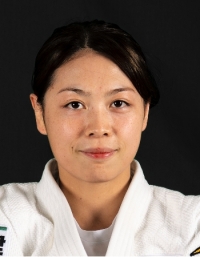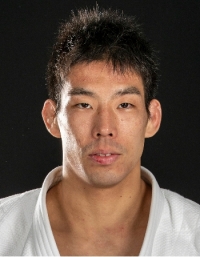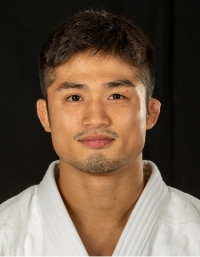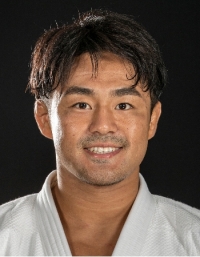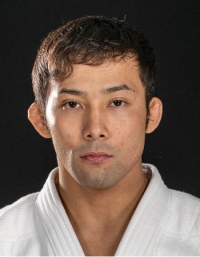It is well known in the judo world that the international camp in Spain, established in 1989, has attracted strong teams from Japan for many years and continues to do so. Previously the renowned camp was based in Castelldefels, but as the years have gone by and the numbers continued to increase, the Spanish Judo Federation have relocated to Benidorm to better cater the worldwide attendants.
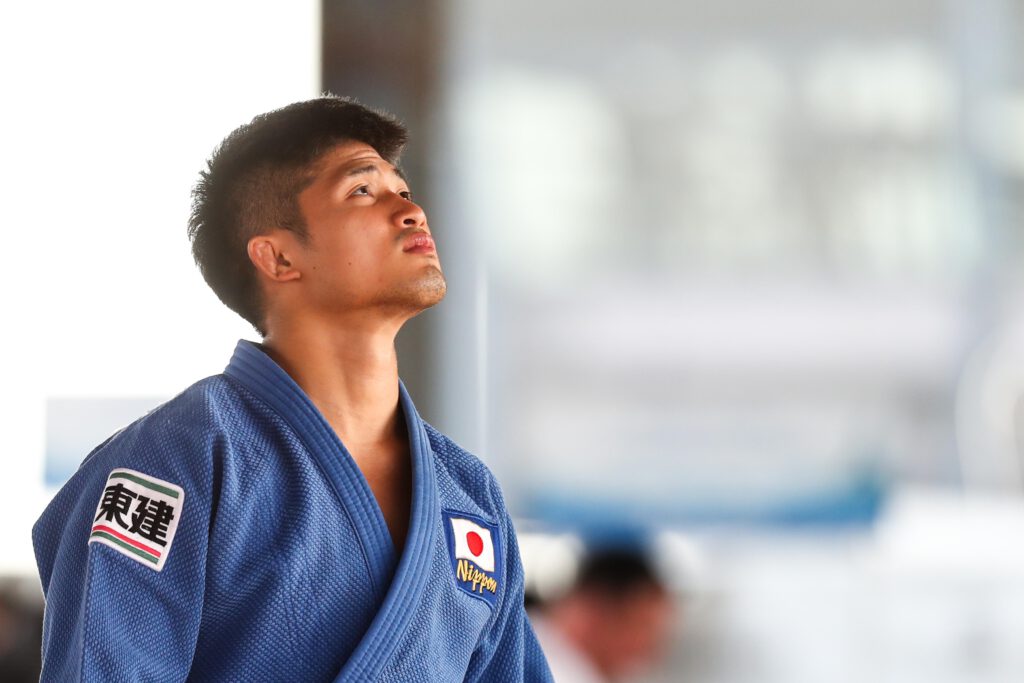
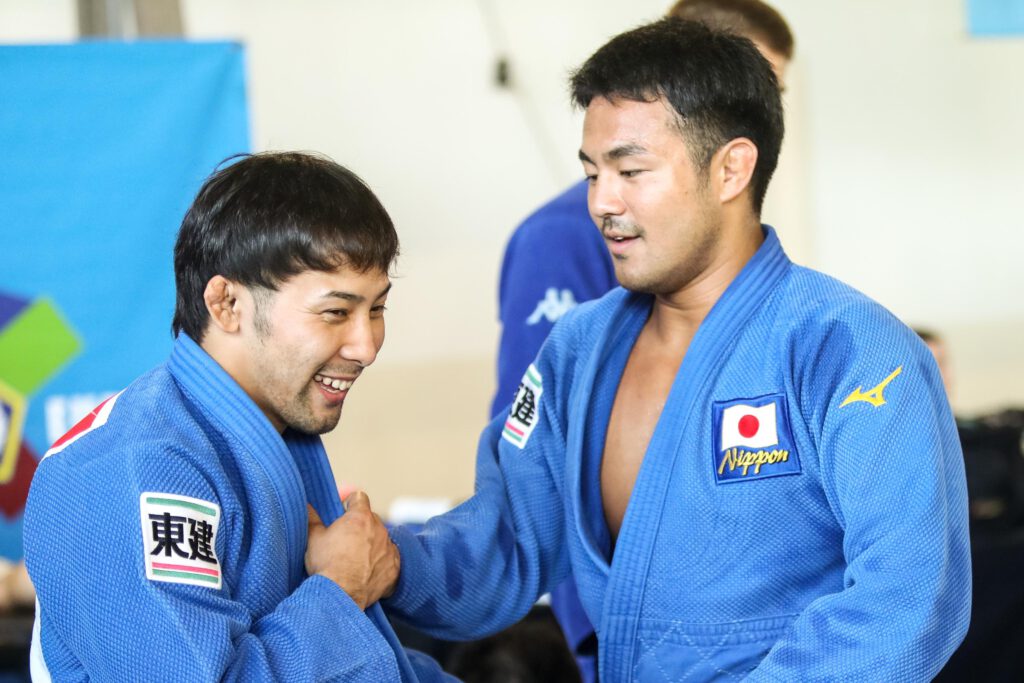
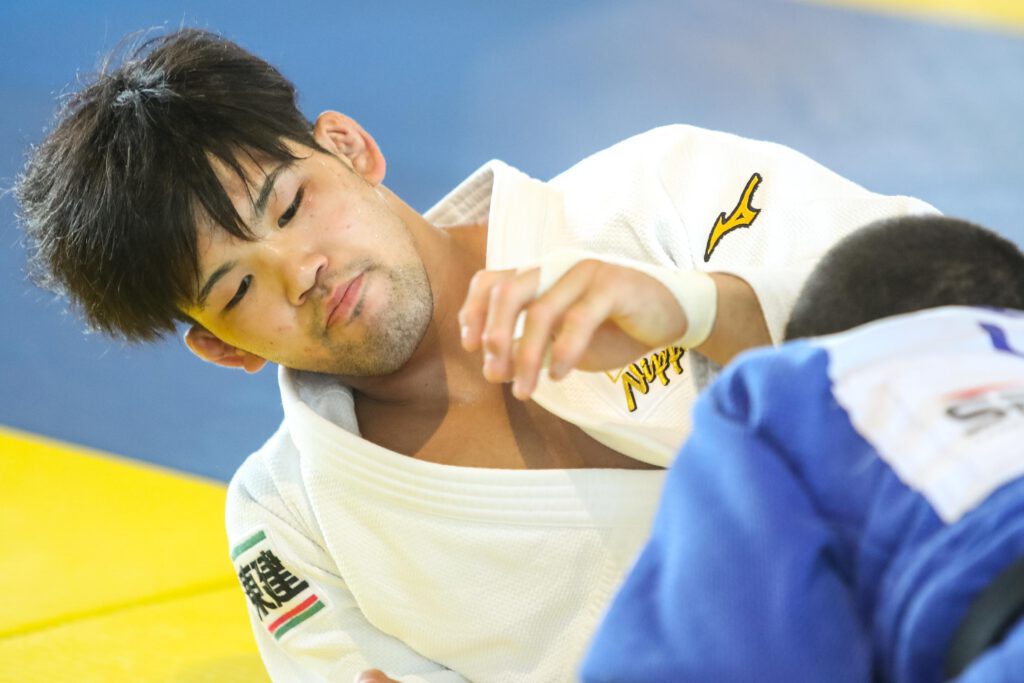
London 2012 Olympic bronze medallist, former double world champion, and now national coach of the Japanese women’s team, UENO Yoshie has brought a strong team to the OTC in Benidorm,
Many strong players and countries come to Benidorm. We are also preparing for the Masters with this training camp as three of our athletes will be competing there. It is important for us to stay in Europe for training camps. The level of judo in Europe is very high, technically different, and physically strong. The heat is taking its toll, but paella makes up for it [she laughs] we enjoy being here.
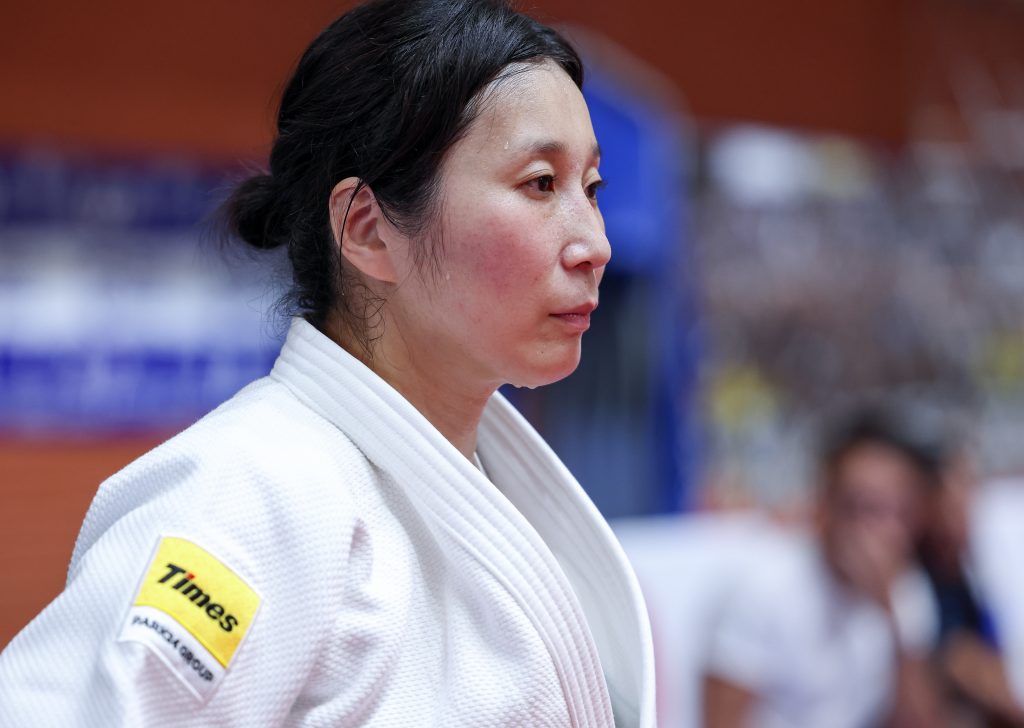
When there is reference to top athletes, in the past this has famously included the likes of ONO Shohei and MARUYAMA Joshiro. Though Ono has retired and will be making his voyage to the United Kingdom soon, there is still an Olympic champion in the midst. NAGASE Takanori succeeded in the Tokyo Olympic Games, defeating former world champions, Matthias CASSE (BEL) and Saeid MOLLAEI (AZE) on his way to glory. So how is he finding the camp here in Benidorm?
In Europe there are a lot of strong players, and here in Spain, both quality and quantity. The style is different, and I have to change my own style a little to fit this because mine is very traditional. I find the Europeans physically stronger and they have a great fighting spirit, even on the camp, there is a lot of heart.
It isn’t only the men’s team bringing the top players, but 2022 -63kg World champion, HORIKAWA Megumi is thoroughly enjoying her time here on this OTC,
It’s very good for me here, there are so many strong athletes from all over Europe. Of course they come to us in Japan for training but it’s maybe one or two teams at a time so we need to come here. The level is high and we need this exposure.
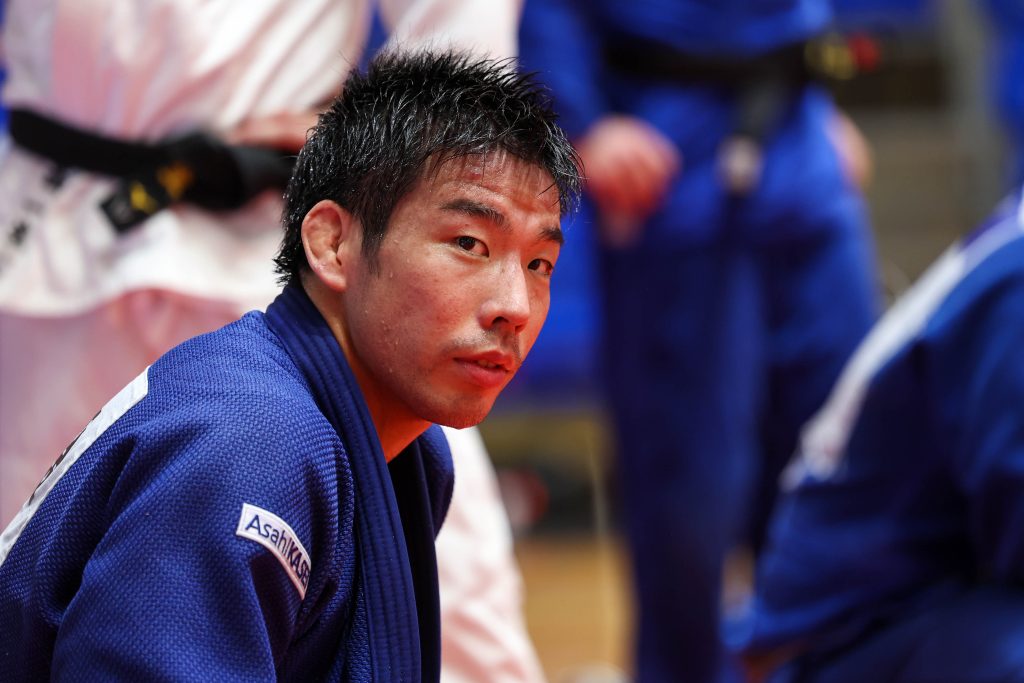
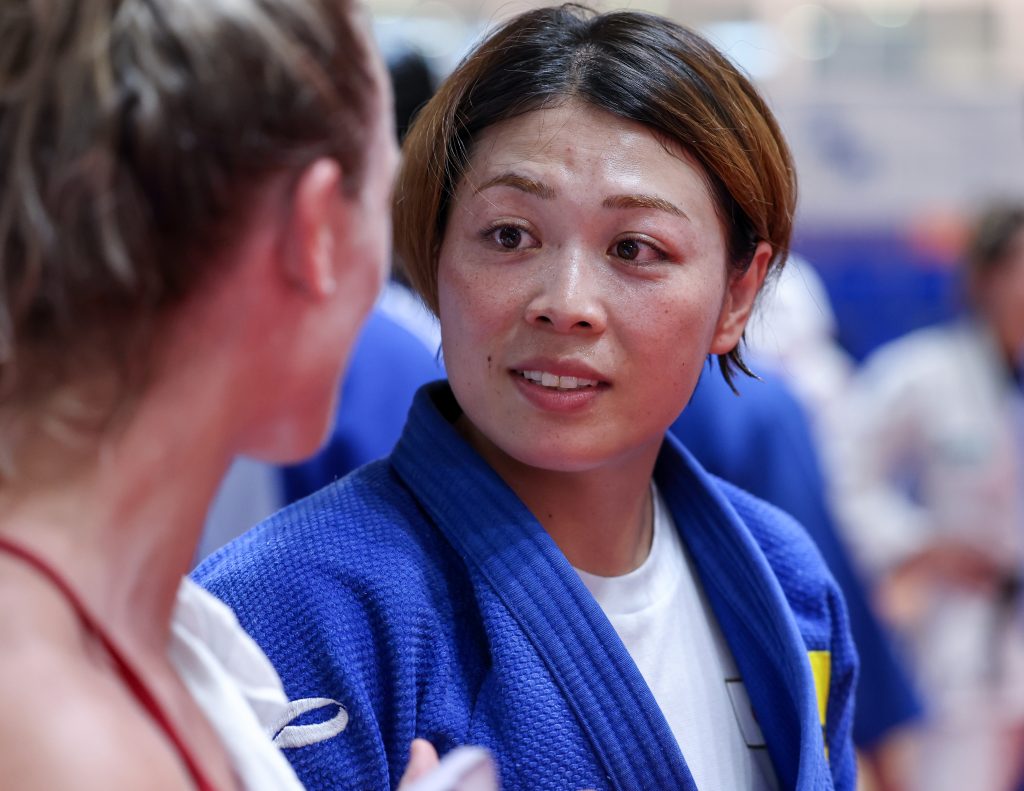
It is commonly seen at major events at cadet and junior level when the Japanese athletes have had little to no exposure to the various European styles, they don’t necessarily reap the rewards they do as seniors. The traditional style of Japan is greatly admired and difficult to replicate, but given the strength of athletes from around the world who incorporate their own sports and own styles, many with wrestling or jiu jitsu backgrounds, the Asian continent need to take advantage of these loaded camps.
Judoka
Author: Thea Cowen



